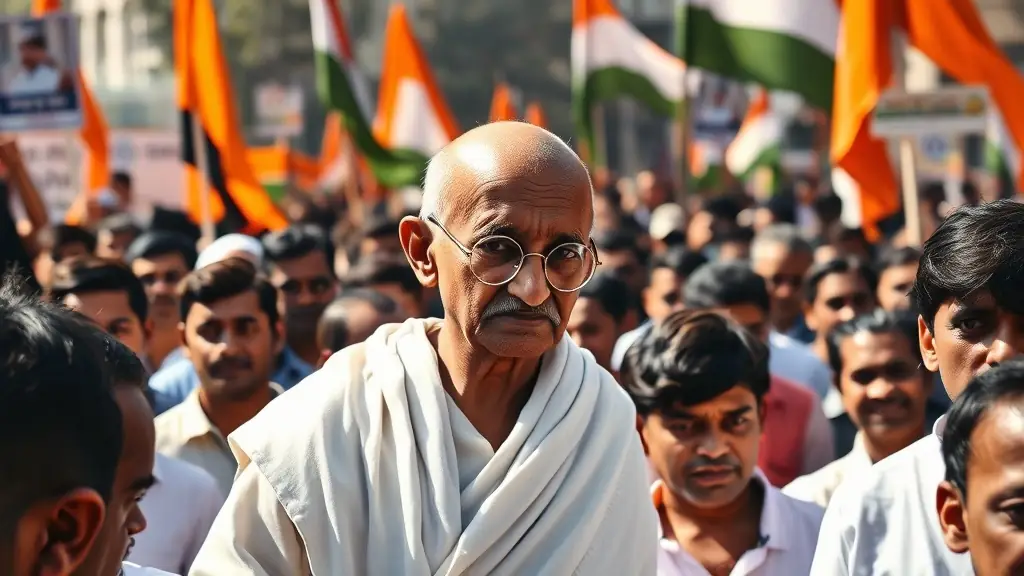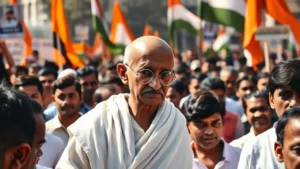Mahatma Gandhi is often celebrated as a leader of the Indian independence movement, but his life was deeply influenced by the colonial context in which he lived. Born in 1869 in British-ruled India, Gandhi’s early experiences with discrimination in South Africa shaped his views on social justice and equality. His philosophy of nonviolent resistance, or Satyagraha, emerged as a powerful tool against colonial oppression. Gandhi’s ability to mobilize masses and advocate for civil rights made him a pivotal figure in the struggle for independence.
Gandhi’s approach to activism was not without controversy, as he navigated the complexities of caste, religion, and gender within Indian society. His vision for a free India was rooted in the principles of self-reliance and communal harmony, which he believed were essential for true independence. However, his methods and ideologies sparked debates among contemporaries, leading to divisions within the movement. Understanding Gandhi’s life through a colonial lens allows us to appreciate the multifaceted nature of his legacy.
The impact of Gandhi’s work extends beyond India, influencing civil rights movements worldwide. His teachings on nonviolence and social justice continue to inspire activists today. By exploring Gandhi’s life and the colonial influences that shaped it, we gain a deeper understanding of the complexities of resistance against imperialism and the ongoing struggle for equality.




